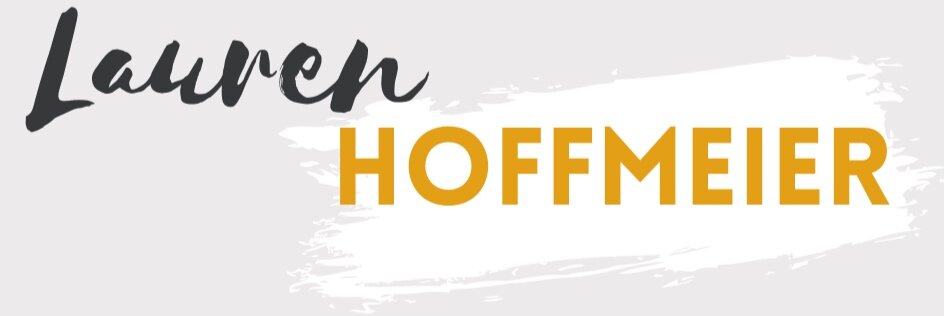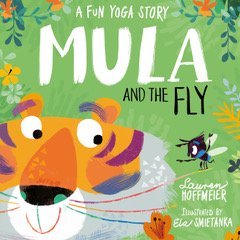The Theta Brain for Peak Writing Performance: Capturing Your Dreams…Literally
It's Monday night, the sun has long since set, and I'm feeling cozy under my checkered blanket. After several rounds of tossing and turning, my eyelids finally grow heavy and I begin that blissful journey into the land of nod... then BAM! A lightning rod hits my brain with new and creative ideas. Where is my pen? I have to write them down. But then I think…come on! It took me so long to fall asleep.
So I have two choices: ignore the brilliant ideas and go to sleep, or write them down, which will inevitably lead me down a rabbit hole of more ideas, and then who knows when I'll be able to fall back asleep.
Let's be honest, there's only one answer. You have to write the ideas down because you won't be able to ignore them anyway. So, why do we get our best ideas when we're about to fall asleep, or in the shower, or shopping for snacks at Trader Joe's?
The answer lies in Theta brain waves.
Every person, no matter how old they are, has had that "aha" moment before dozing off. It’s a clear moment in our daily lives when the brain disengages from the rigorous flow of busy activity and routine. When the prefrontal cortex slows down (an area of the brain which includes areas of logic and reason). This is a time when the brain makes space for ideas to flow without judgment, intuition takes over, and creative sparks fly. This is the Theta brainwave state.
But I’m getting ahead of myself. Let’s begin at the beginning.
What is a Brain Wave?
The brain is our command center, channeling information throughout the body by utilizing chemical and electrical signals that run at different frequencies. Otherwise known as brain waves. Each frequency indicates one of the five brain wave states. On average, the brain contains 86 billion neurons that communicate with each other, sharing the valuable information that makes you human - from physical functions such as eating, walking, and breathing, to unique thought patterns that flow from one second to the next.
Basic Breakdown of the Five Brain Wave States:
Gamma Waves (40 – 70 Hz)
Gamma waves are less commonly discussed but are important as they constitute the frame of mind when we're in what is often referred to as "conscious awareness.” Gamma waves spike within the Theta state. As explained by Dr. Leslie Sherlin, “The interesting thing about a gamma spike is that it always happens inside of theta oscillations. The two waves are coupled. It makes sense. Theta processes novel incoming stimuli; gamma is what happens when those stimuli snap together into new ideas.”
Beta Waves (12 – 40 Hz)
Beta is the usual waking state and the second fastest brain frequency. When we're in Beta, we are engaged with our surroundings and focused on the task at hand. The prefrontal cortex is active and we are in problem-solving mode. This is the state of logical thinking. (And the state I’m currently in as I write this article).
Alpha Waves (7 – 12 Hz)
In this state, a person is very relaxed and is often associated with simple meditation, daydreaming, or relaxed contemplation.
Theta Waves (4 – 7 Hz)
This is the state when we often get our most creative ideas. The activity in the brain has slowed down significantly and usually occurs in the first stages of sleep or when you first wake up. During sleep, this is the state associated with REM or dream-sleep.
Delta Waves (1 – 4 Hz)
The Delta state is when our brain slows down the most, anchoring us in a deep and dreamless sleep. This is an incredibly healing time for the body as it is in its peak state of relaxation, allowing for intensive cellular healing.
As writers, artists, or anyone with a creative impulse, we can harness the creative power of the Theta brain wave state, allowing ideas to flow freely and without judgment. There are several ways to super-charge this:
Listening to binaural beats: a technique that involves playing two different tones in each ear, creating a wave-like frequency when played simultaneously.
The wonderful thing is that by being consciously aware of the Theta state of creative flow, you can start to recognize what triggers you to enter that frequency, even if it's by simply taking a shower, knitting, crafting, or anything else. Just be sure to have a pen and paper, a notes app, or a voice recorder handy to capture all those brilliant ideas when you find yourself on the receiving end of universal creativity.
Happy writing!










Children’s books inspire magic. That’s why we read them well into our old age. Just like a warm cup of cocoa or a feel-good movie, we cling to the simple elegance of a picture book because of the effortless magic they present no matter how old we may be. As a children’s writer, asking for magic over and over again is a big ask, but that’s the job. So how do you do it?